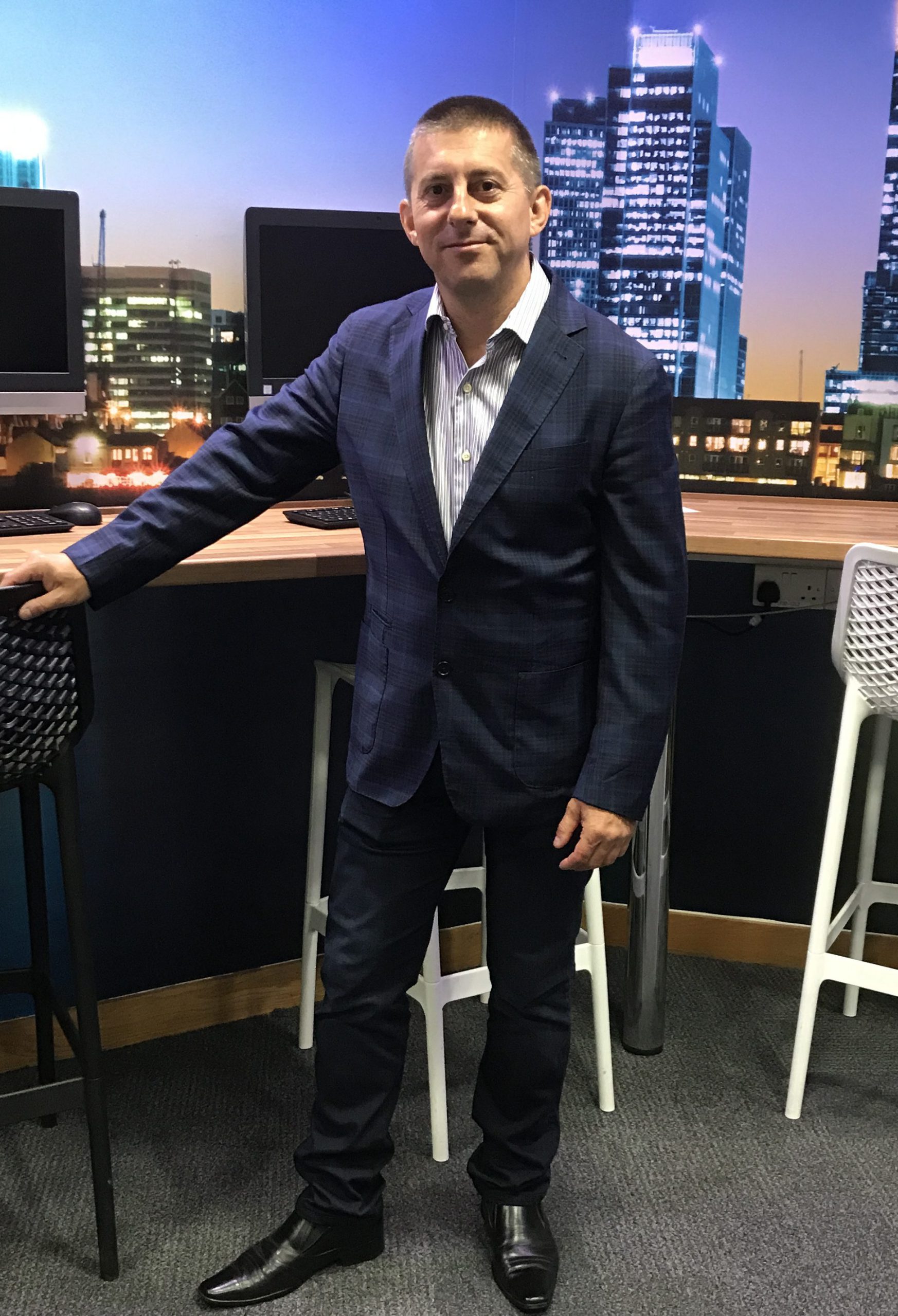
MSc Cyber Security (Part-Time)
Why did you choose to study Cyber Security?
The reason I chose to do this programme is because I felt it summed up a lot of different experiences I’ve had in my working career in various industries, where often there were a lot of technical requirements to be understood in order to coherently present commercial solutions. I mostly operate in a consultative manner, so a deeper understanding into technology helps. I thought the Cyber Security programme would link my CV together more tightly, as I’ve touched upon aspects such as information governance, cloud security, encryption, etc, within different companies. I think Cyber Security is a term that covers many themes and you can always specialise in new areas, for example, some may want to specialise in regulatory or others may want to specialise in working out a new encryption protocol, penetration testing, or perhaps looking at security from a strategic level – everyone is different.
What were you doing before you started this programme?
I currently work for a company that provides global solutions for e-learning, enterprise management systems and healthcare solutions, working with large medical publishers and associations. I manage the EMEA and ASIA market with a team of consultants often advising in a commercial capacity to help develop successful strategies for these companies.
Recently our organisation created a healthcare division for end to end hospital systems and that’s one of the main areas I chose to specialise in, blockchain and its application to the healthcare industry, data privacy and how to strengthen the whole process. Although it’s early stages, I can see how doing the Masters is already benefiting in how I view these future considerations.
What made you decide to return to education after years of working?
The reason I decided to return to education was because I completed my A-Levels and then left school at 18 for a career in the telecommunications industry. It was quite a common occurrence then to choose a career rather than opt in to university.
Although I never went to university, I did do other professional qualifications throughout my career. However, having gained vast experiences in different working roles, I saw the benefit to now apply more academic process/methodology and so opted for the Masters. I also wanted to educate myself to a higher level on network security, wireless security, regulations and frameworks, and find out which area suited best and lead to more development such as the dissertation project I chose on blockchain and healthcare.
How did you find the transition of going from work back into education?
This is a good question as it is different for everyone. I knew that undertaking a Masters as well as holding down a full-time job which involves extensive travel would be difficult, but as my tutors have been approachable and knowledgeable, it’s been easier to bunker down for the 2 years and focus on each module’s objectives.
In order to help with the transition from work to education, you need to learn how to re-programme yourself. If you can’t do that, then you will struggle throughout the course. For example, I have learnt to use different techniques in this programme such as critical thinking and analysing everything. When looking back at the first module assignment from the end of the Masters process, it is clear to see the level of improvement that occurs during the different modular journey.
The way the programme works out for you individually depends on your flexibility and how much time and effort you put in to meet the programme’s demands. Being employed while returning to education has its advantage as you’re able to share your practical experience amongst your group. It’s also interesting to meet new people and undertake the journey with such a diverse group as Cyber Security touches into many professions and industries.
How do you feel the programme has benefited you?
I would say that the benefits to this programme have been a lot more than just educational. For starters, you can look to work out where the skills and knowledge you have gained from the programme will become most applicable to you as an individual. As mentioned before, there are many avenues to start from, but it doesn’t matter which path you choose because you know that this course has opened the door to many opportunities for you. I think that’s what I have found most interesting about cyber security because it can be applied to a lot of different aspects.
What has been your favourite module?
I can’t really say that I have had a favourite module, but I will say that Northumbria University London has a great balance of modules in Cyber Security. The first module, Information Governance is a great starting point to the programme as it’s theoretical, introduces you to the industry and gives you the chance to create your own information policy. As for some of the other modules, they are quite technical, but they teach you how to apply yourself a lot more.
What have you enjoyed the most about your experience so far?
I have really enjoyed working alongside the tutors and meeting new people from all different industry backgrounds. The classroom experience has made discussions and live debates amongst each other interesting (both in class and socially after class).
What advice would you give to someone similar to you who is considering returning to
education?
The only advice I would give is to really institutionalise yourself with the time required to do each module. Never underestimate it; each module has a set number of hours that needs to be spent so it’s important that you keep to that. There’s also no reason to be worried about not knowing something as the tutors are always there to help you.
View course
“MSc Cyber Security was a must-do on my list from the moment I came in contact with networking”